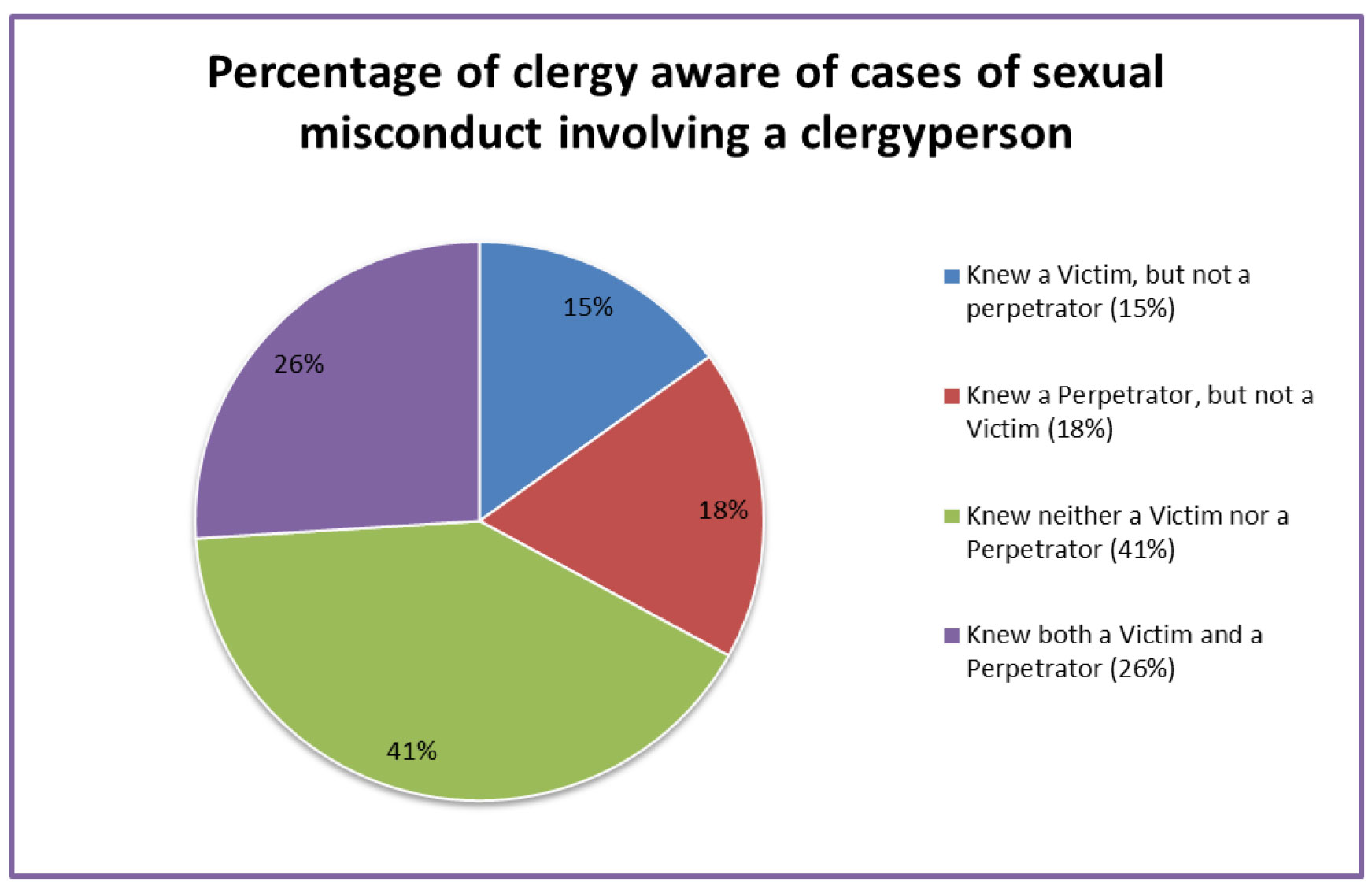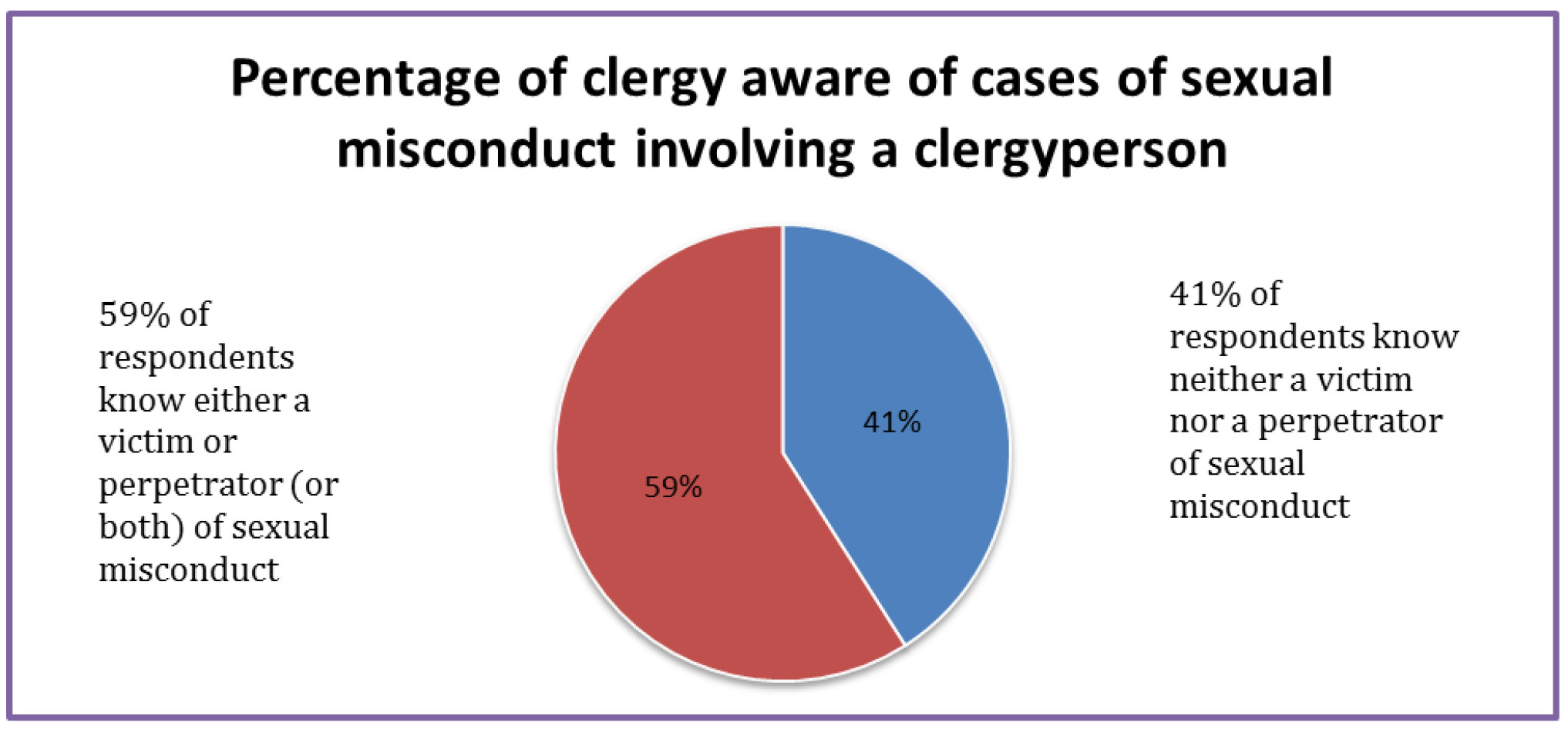This month, “Women by the Numbers” takes a look at surprising findings from a program evaluation analysis about clergy attitudes concerning sexual misconduct. Many denominations and social scientists have examined sexual misconduct cases involving children; however, this research is specific to adult victims (mostly women) and perpetrators within The United Methodist Church in the United States.
Clergy attending a boundaries training were asked to anonymously answer seven (7) questions about sexual ethics. Some interesting findings:
- 41% of respondents personally know someone who reports being the victim of sexual misconduct by a ministerial leader.
- 35% of respondents believe that it is morally OK for a single pastor to date one of his/her parishioners
- 44% of respondents personally know a clergyperson (including, perhaps, themselves) who has had sexual relations with a member (other than their spouse) of his/her congregation
Numbers Reveal Prevalence of Sexual Misconduct
Just how prevalent is sexual misconduct involving ministerial leaders in the UMC? Breaking down the statistics show:
- 15% of clergy attending these trainings knew a victim of sexual misconduct, but NOT a perpetrator
- 18% knew a perpetrator but NOT a victim
- 41% knew NEITHER a victim nor a perpetrator
- 26% knew BOTH a victim and a perpetrator

It might seem heartening that 41% of respondents don’t know anyone involved in sexual misconduct by clergy, but the reverse is that nearly six of every 10 clergypersons (59%) know someone who was a perpetrator or victim (sometimes both) of clergy sexual misconduct.

Bondary Issues
What is an appropriate relationship between clergy and laity within the local church? When asked, 25% of respondents felt that close friendships with members of their congregation did not affect their pastoral authority. Likewise, 35% of respondents believed that it is morally OK for a single pastor to date one of his or her parishioners. Using the same analysis methodology as above, the respondents to these two statements were aggregated and the data analyzed to determine where responses overlap and where they are exclusive.
When the responses to those two questions are aggregated:
- 50% of respondents answered that close relationships do affect pastoral authority and it is NOT OK for a single pastor to date a parishioner.
- 15% of respondents said that close relationships do not affect pastoral authority but pastors should not date a parishioner.
- 24% of respondents said that close relationships do affect pastoral authority, but it is OK for a pastor to date a parishioner
- 11% of respondents said that close relationships do not affect pastoral authority and it is OK for a pastor to date a parishioner.
So, while half of the respondents do not accept close relationships or dating parishioners, the other half do accept some combination of close relationships and/or dating.
Discussion
These results indicate that clergy sexual misconduct is still a problem for the denomination. Having so many of our clergy personally familiar with sexual misconduct illustrates how important our efforts are to provide proper boundary and sexual ethics training for clergy and other ministerial positions within the church. Because 59% of surveyed clergy have experience with this issue, it is also extremely important to have comprehensive sexual ethics policies available to them and to the communities that they serve.
- Do you think that it is morally OK for a single pastor to date a member of their congregation? Why or why not?
- What has affected your attitude about boundaries and sexual ethics?
Next Month
Find out if our clergy have become more or less ethnically diverse.
